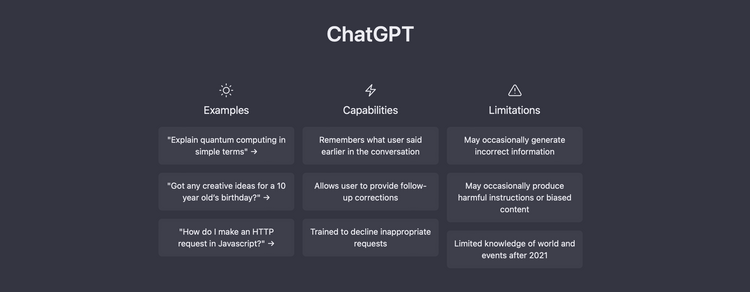Business Process Management for App Development: Accelerating Rapid and Efficient Releases

In today's fast-paced digital landscape, the success of an app hinges on its timely development and efficient release. To achieve this, businesses must embrace streamlined processes and agile methodologies. In this blog, we'll delve into the realm of Business Process Management (BPM) for app development, exploring how it fosters rapid development and enhances overall efficiency.

App Development and Its Significance
App development serves as the cornerstone of digital transformation for businesses across industries. Whether it's a cutting-edge mobile app or a web-based software, creating a functional and user-centric application is paramount. The landscape of app development, however, has evolved, necessitating an agile approach to keep pace with user demands and market trends.
Accelerating Development Through BPM
Business Process Management offers a structured framework that expedites app development while maintaining high-quality standards. By integrating BPM practices into the app development lifecycle, businesses can ensure smoother collaboration, reduced bottlenecks, and faster time-to-market.
Utilizing Jira Stories for Agile Task Management
"Jira Stories provide the building blocks for efficient task breakdown and allocation," says Omkar, Senior Project Manager.
By implementing user stories within Jira, teams can seamlessly manage tasks, assign ownership, and track progress. This approach enhances accountability and fosters clear communication among team members.

Streamlined Collaboration with Git Automation
Version control using Git is a game-changer in app development. Linking Git commits to specific Jira stories ensures an organized development process, with changes and updates easily traceable.
Enhancing Efficiency and Transparency
Efficient app development requires transparent communication and regular progress updates. BPM practices enable businesses to achieve these goals effectively.
Weekly Progress Reports for Enhanced Transparency
Weekly progress reports provide a comprehensive overview of achievements, challenges, and roadblocks. This practice enhances transparency within the team and keeps stakeholders informed. Through timely updates, businesses can make informed decisions and steer the development process towards success.

Optimizing Standup Meetings for Efficiency
"Short and focused standup meetings keep the development on track," suggests Payal, Scrum Master.
By reducing standup meeting durations and focusing on key updates, teams can eliminate unnecessary interruptions, fostering a more efficient development environment.
Ensuring Quality and Timely Releases
Efficiency should not come at the expense of quality. BPM practices contribute to maintaining high-quality standards throughout the app development lifecycle.
Defining Done (DoD) Criteria for Quality Assurance
A well-defined "Definition of Done" ensures that tasks meet quality standards before being considered complete. This practice minimizes rework and discrepancies, contributing to a higher-quality end product.
Comprehensive Documentation for Knowledge Sharing
Comprehensive documentation, encompassing requirements, design decisions, and guidelines, is integral to knowledge sharing.
"A well-documented project accelerates onboarding and future enhancements," explains Kiran, Technical Writer.
Such documentation facilitates smoother collaboration and paves the way for efficient development.
Integrating DevOps and Continuous Testing
DevOps practices and continuous testing play a pivotal role in accelerating app development and ensuring its success.
DevOps Practices for Rapid Deployment
DevOps practices automate deployment and testing processes, ensuring consistent and reliable releases. Automated pipelines streamline development to deployment, reducing manual efforts. This integration allows for faster iterations and rapid feedback.
Focus on Unit Testing for Code Stability
"Thorough unit testing enhances code quality and prevents defects from escalating," highlights Yash, QA Engineer.
Prioritizing comprehensive unit tests aids in early defect detection and resolution, leading to a stable and reliable app.
Achieving Timely Releases and Project Management
BPM practices extend their impact to project management, ensuring timely releases and adherence to project timelines.
Setting Realistic Release Schedules
Strategically aligning development with business goals and user demands paves the way for timely releases. Realistic release schedules accommodate iterative development, enabling businesses to deliver value sooner.
Proactive Project Timeline Management
Proactively addressing delays and adapting to changes ensures that projects remain on course, safeguarding against unexpected setbacks.

Conclusion
In the dynamic realm of app development, Business Process Management emerges as a catalyst for rapid and efficient releases. By harnessing BPM practices, businesses can streamline collaboration, enhance transparency, maintain quality, and adhere to timelines. Embracing these strategies empowers businesses to navigate the complexities of app development with agility and achieve greater success in a competitive market.
Remember, efficient app development is not a one-time endeavor but an ongoing commitment to continuous improvement. With Business Process Management at the helm, your app's journey to success becomes a seamless and rewarding experience.





